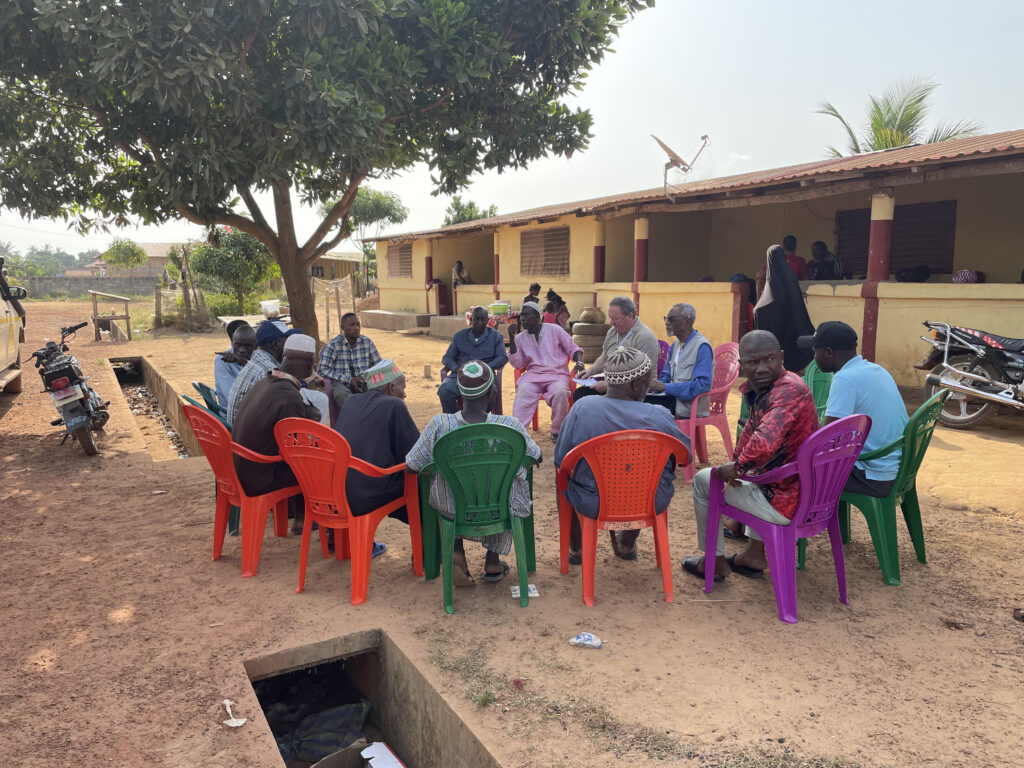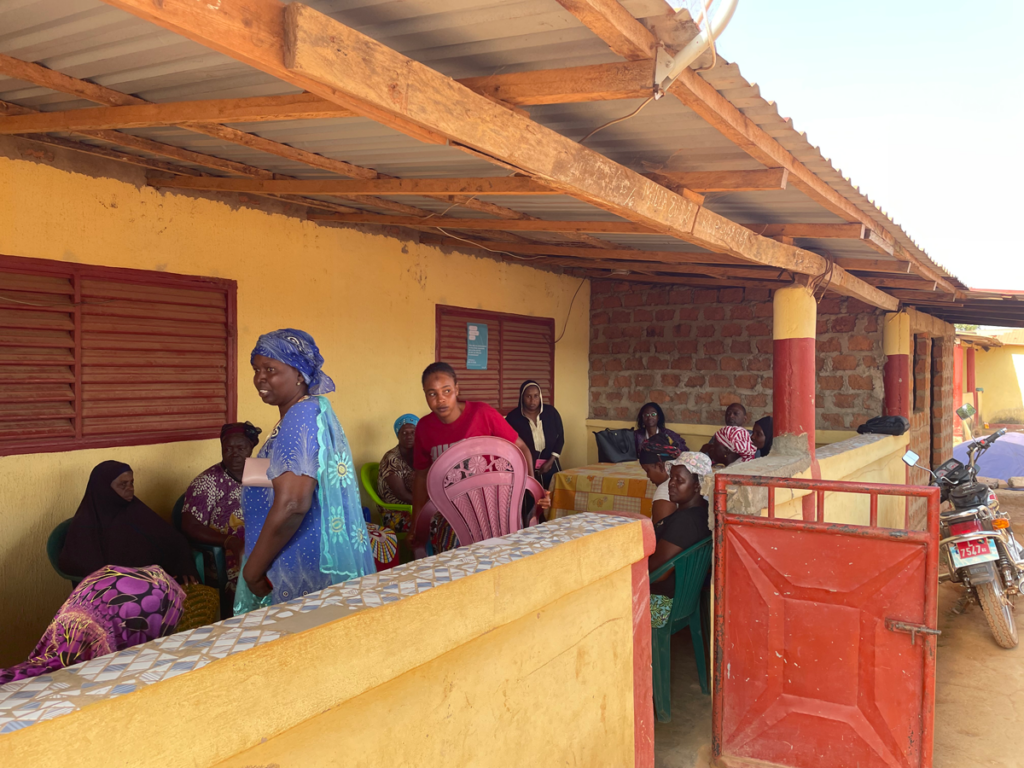Empowering Local Expertise: The Experiences of Two New Guinea-based Registered Specialists in an ASI Audit
In this article, we share the perspectives of two Guinea-based Registered Specialists as part of ASI’s aim to increase capacity and local representation in key contexts. ASI worked with local networks to identify and onboard these specialists to ASI’s Registered Specialist program during 2022.
6 March 2023
ASI Registered Specialists are people with specific skills and experience relevant to the ASI program. They can be commissioned by either:
- Members, to support the implementation of ASI standards.
- Auditors, to provide specific local and technical experience to audit teams in planning, execution or follow-up activities for audits.
In this article, we share the perspectives of two Guinea-based Registered Specialists as part of ASI’s aim to increase capacity and local representation in key contexts. ASI worked with local networks to identify and onboard these specialists to ASI’s Registered Specialist program during 2022.

Dr Telli Diallo during consultation for the GAC audit at the community of Filima after they were resettled from the Daprass community

The culturally appropriate consultation included women and men to meet separately so they could each have a voice and an opportunity if they wanted to share gender specific inputs. The consultation was also in the local language to help facilitate an open, flowing discussion.
An array of social and technical skills are required for success
As national Registered Specialists, we brought both social and technical skills to the audit process. Our deep knowledge of the socio-political situation in Guinea as well as the various codes, policies, and legislation governing economic activity in the country ensured that the documents prepared by the lead auditor were in line with the realities on the ground and with the national context.
Our communication skills and profound knowledge of the natural environment including the people’s cultures, beliefs, prayer patterns, customs, and vernacular languages contributed to a better exchange with the local communities. One can never underestimate the impact of having someone speak to you in your own language. We believe this contributed, to some extent, to make the people feel more comfortable during interviews held in a number of villages. Our language skills were also useful for the technical review of various documents submitted to the auditors.
Effective teamwork and commitment create an enriching experience for all stakeholders
Overall, our experience was positive. The management of the audit team in preparation and execution was conducted in a transparent and inclusive framework. We worked as though we had known each other for a long time even though we had just met. During discussions, the different points of view were considered and analysed in an inclusive and professional manner. Over the two weeks of audit process, we had the opportunity to exchange with a range of stakeholders on common topics and analyse their responses. We also gained a better understanding of ASI norms and standards in practice and appreciated their importance for all stakeholders. It was great to see there was a sense of commitment to good process from all stakeholders – ASI, the mining company that prepared for the field visit, the communities and other stakeholders – through their availability and commitment during the discussions. The company prepared itself in terms of documentation and logistics and facilitated the work of the experts and audit team. The communities shared their views with enthusiasm. Each of the stakeholders contributed to the success of the field activities and we did not feel any significant blockage or difficulties. In fact, we observed that the appropriation of ASI norms and standards and their application allows companies to be more socially minded, more humane and is in itself a real factor for peace and stability in mining areas, an essential condition for responsible mining development, in which all stakeholders find a benefit.
Reflections on the audit process
We found the ASI audit process to be professional and useful for all stakeholders on an individual and collective level. It was clear, transparent, factual, and participatory. It was also comprehensive and methodological in its approach, which consisted of questioning the various stakeholders in different ways, but with the same rigour, on issues related to the impact of mining on the environment, questions of governance, collective life within the company, and the relations between the company and the social environment in which the company operates. The auditor engaged in interactive dialogue which enabled freedom of expression without taboos, resulting in clear and precise answers about the facts and impacts.
Having knowledge of all stages of the supply chain as well as the conventions governing relations between the State and the companies to be audited was very useful. We brought a deep understanding of the environmental and social problems of the country in general and of the mining region, in addition to knowledge of the main international conventions to which the country is a member. The combination of these skills, knowledge, and in-country experience made for a richer contribution, and audit experience all around.
ASI – Looking Forward
As the number, complexity, and scope of ASI audits continue to grow each year, we aim to increase the participation of Registered Specialists, like Dr Telli Diallo and Mr Abdoul Wahab Diakhaby, in areas where Indigenous and/or local communities are affected by bauxite mining. We are working with ASI’s Indigenous Peoples Advisory Forum (IPAF) to build capacity at the local level for these roles within ASI’s learning program, educationAL.
If you are interested to find out more, please contact Camille Le Dornat, ASI Learning Manager
SHARE THIS ARTICLE


